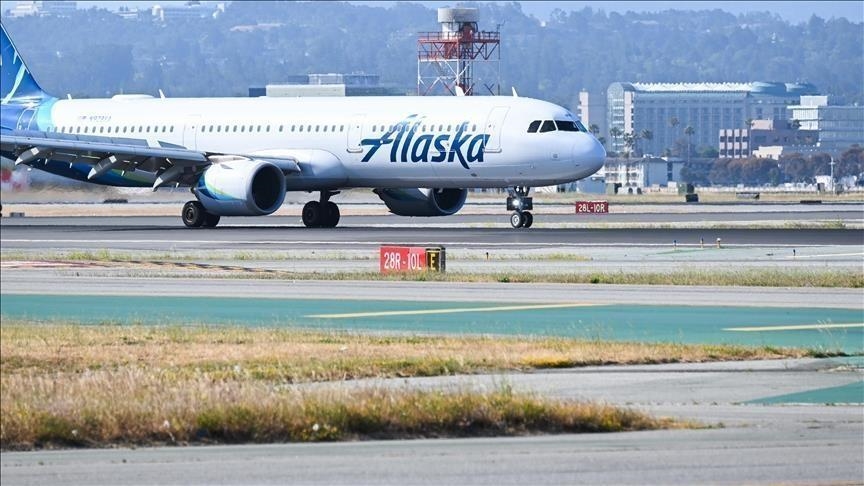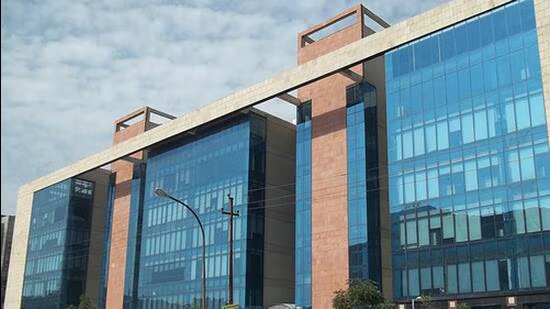Now Reading: Water Crisis Looms in Rajasthan’s Tier-2 Cities: Jodhpur and Ajmer Face 40% Supply Cut
-
01
Water Crisis Looms in Rajasthan’s Tier-2 Cities: Jodhpur and Ajmer Face 40% Supply Cut
Water Crisis Looms in Rajasthan’s Tier-2 Cities: Jodhpur and Ajmer Face 40% Supply Cut
Rajasthan is staring at a deepening water crisis as two of its key Tier-2 cities—Jodhpur and Ajmer—are grappling with severe water shortages. With dwindling reservoir levels and delayed monsoon rains, authorities have announced a 40% cut in regular water supply. The situation has triggered growing concerns among residents, highlighting the broader issue of water management in semi-urban India.
Supply Cuts Trigger Daily Struggles
The Public Health Engineering Department (PHED) recently announced water supply restrictions in both cities due to low storage levels in major reservoirs. In Jodhpur, the Kaylana and Takhat Sagar lakes are operating at critically low capacities, forcing authorities to ration water to once every three days in several localities.
Ajmer, dependent on the Bisalpur dam for most of its supply, has seen similar reductions. Many residential areas are now relying on tankers or borewells, increasing both cost and dependence on groundwater.
Delayed Monsoon Adds to the Pressure
Rajasthan’s delayed pre-monsoon showers have worsened the situation. Typically, early June brings some relief to arid regions, but this year, temperatures remain high and rainfall has been minimal.
Meteorological departments have forecast light showers over the next week, but it may not be sufficient to recharge drying water sources. In rural areas surrounding these cities, the situation is more precarious, with many villages already dependent on government-supplied tankers.
Authorities Appeal for Conservation
City administrations in both Jodhpur and Ajmer have urged residents to conserve water wherever possible. Public awareness campaigns have been launched through local media and schools, urging households to repair leaks, reduce wastage, and use water judiciously.
Officials have also hinted at imposing fines for water misuse in the coming weeks if the situation does not improve. Meanwhile, civic bodies are exploring short-term solutions such as tapping alternate borewells and repairing defunct pipelines to optimise existing supply.
Long-Term Water Planning in Focus
The crisis has reignited debates around long-term water planning in Rajasthan’s Tier-2 cities. Experts point to over-reliance on traditional water sources and the lack of rainwater harvesting infrastructure as key challenges.
Urban growth, especially in cities like Jodhpur and Ajmer, has put additional pressure on water systems that have not scaled with population. Initiatives like rooftop harvesting, greywater recycling, and improved pipeline infrastructure are being discussed but require stronger policy implementation.
Conclusion
The ongoing water shortage in Jodhpur and Ajmer serves as a warning for other Tier-2 cities in India facing similar vulnerabilities. While short-term relief measures are being put in place, sustainable and community-driven water management is the need of the hour. With monsoon rains still uncertain, how these cities navigate the coming weeks could shape broader water policies for semi-urban India.

























